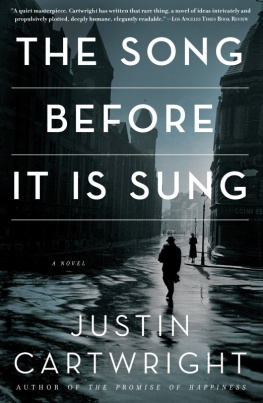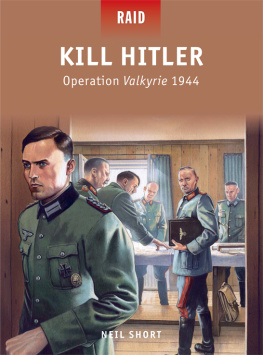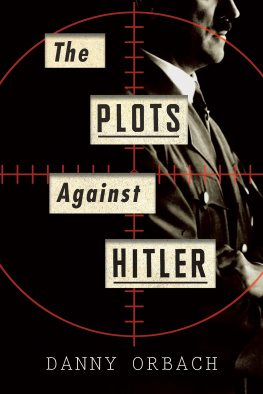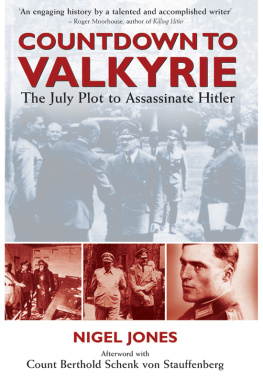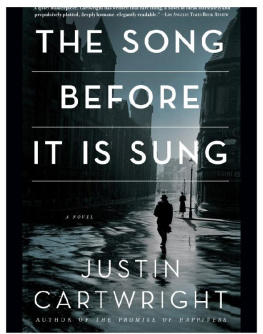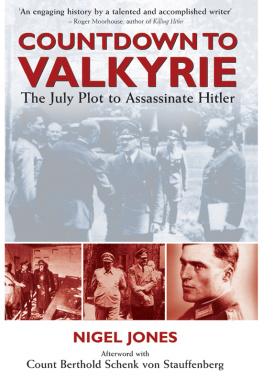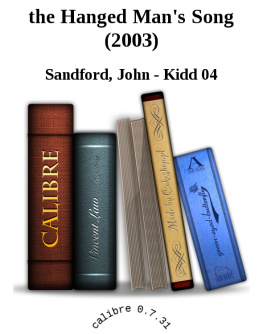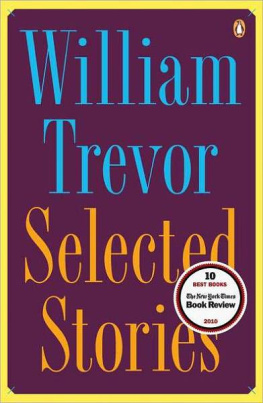All rights reserved. No part of this book may be used or reproduced in any manner whatsoever without written permission from the publisher except in the case of brief quotations embodied in critical articles or reviews. For information address Bloomsbury USA, 175 Fifth Avenue, New York, NY 10010.
Reason To Believe, Words and Music by Tim Hardin, Copyright 1966 (Renewed) Allen Stanton Productions and Alley Music Corp. International Copyright Secured. All Rights Reserved. Used by Permission.
LIBRARY OF CONGRESS CATALOGING-IN-PUBLICATION DATA HAS BEEN APPLIED FOR .
AS CONRAD SENIOR flies towards Berlin, he is thinking about thoughts; so many thoughts piled up, such a quantity of half-remembered knowledge, so many emotions brought up from the well to spill out: the unrolling of history - a river into which you can't step twice, a collection of biographies end to end, a hilltop to survey the surrounding plains and so on - but also, more so, the anxieties prompted by the spooling of time and the awareness of its unstoppable nature; and random thoughts Einstein buying a vanilla ice cream sprinkled with chocolate when he first landed in New York - the bank's accusations, sexual encounters, the relation between friendship and envy (La Rochefoucauld), the aromas of bread rising, randomness, the softness of a horse's muzzle (excepting the fishing-line hairs), the smell of books, the deep peace of libraries, the idea of patriotism, the scent of Greek hillsides, the significance of landscape, the strange deceptions of painting, the persistence of religious belief, the races of people, the love of animals, the power of music (I can suck as much melancholy out of a song as a weasel sucks eggs), the unknowability of another's mind, the idea of progress, the ever-presence of the poor, the truths of mathematics, the language of policemen, the hypocrisies of small talk, the obsession with self, the sickly miasma of money, the yearning for simplification, states of mind, regional accents, underwear, the nature of understanding, the isolation of dictators, personal hygiene, displays of food in shops, attachment to a lover's topography, cross-wiring in the brain, celebrity, the truths of art, the roof of the world, cowardice...
And the garrotting of Axel von Gottberg.
This is one of the mysteries of consciousness, Conrad thinks, the difference between the thoughts you bid come to you and the ones that come anyway, sometimes as a blessing, also as a curse.
For nearly three years, Conrad has been thinking about Axel von Gottberg. Von Gottberg was garrotted on the orders of Hitler in August 1944. He was thirty-five years old, and looked, although not in profile, like him, with thinning hair and a longish, northern-European face. Northern-European hair is inclined to throw in the towel early. Thoughts of von Gottberg visit him at any hour of the day, without warning.
Actually, Conrad is aware that he is not thinking full-blown thoughts, but highlights, like the trailers at his local cinema complex; these thoughts are presenting themselves to him in a chaotic pageant. It is in the nature of air travel with its barely suppressed claustrophobia and its sexual speculation and dulled sense of movement that thoughts seem to be provoked to go on the exuberant march. (You can only think about thoughts, or consciousness, in metaphors.)
When he thinks of Axel von Gottberg, Conrad sees him as he was at his trial. There he is, standing in a capacious suit before the People's Court with his hands folded in front of him. This could be to prevent the trousers falling down, as the prisoners are not allowed belts and appear to have been given clothes from a second-hand store. The defendants are mostly aristocratic and the idea is to bring them down a peg or two, to make them accountable to the ordinary people, so that they can be hanged in clear conscience.
The film, which was commissioned by the State Film Superintendent, Hans Hinkel, to show what a fine National Socialist the judge Roland Freisler was, and what wretched traitors the accused were, is beautifully lit. It is as though the windows of the court are admitting a soft, warm light, a Dutch light, containing the texture of paint, to coat the defendant, the judge himself, and the upstanding members of the public, who, in contrast to the decadents on trial, are mostly uniformed. The unintended effect of this is to make von Gottberg look heroic. Von Gottberg speaks calmly about his career in the Foreign Service and politely deflects Freisler's criticism about his failure to join the Army and about his education at Oxford on a Rhodes Scholarship: 'An English scholarship,' says Freisler. 'But candidates chosen in Germany,' says von Gottberg.
Freisler's clinching remarks are that four years at Oxford and a lot of time hanging about in the Romanisches Caf on the Kurfrstendamm are the ideal preparation for a traitor. As Freisler names this particular sink of decadence - the true voice of Nazism speaking against intellectuals - von Gottberg stands, balding head inclined. The scene doesn't make much linguistic sense because in the finished film each defendant in the trial of the 20 July 1944 plotters is edited in such a way as to give Freisler the last word, but still von Gottberg's calmness and composure are striking. He knows that he is facing certain death, because this is not a trial but a lynching: even before the court has sat, it has been announced that the defendants are traitors who will hang, in Hitler's own words, like cattle in the slaughterhouse. Hitler has said that this is an authentic German blood-revenge. He sets great store by the authentically Teutonic.
Freisler's only job is to discredit the defendants. Like his leader, he is prone to rages. He says the word Schweinehund at one stage which, until he heard it in Freisler's mouth, Conrad thought was an invention of British and American war-films. And it adds to the unreality that Freisler looks as though he has been pulled in by a desperate casting director. He models his hand gestures on the Fhrer's and contorts his face dramatically. Even some Nazis are embarrassed by his behaviour, but Hitler says that Freisler is their Vyshinsky.
Although the defendants' replies and interjections are edited, it is known that most of them were brave in the face of death. One, when asked why he joined the plot, said that he regarded Hitler as the instrument of all evil in the world. Another urged Freisler to get on with the hanging or he would be hanged by the Allies first. In fact Freisler is crushed by falling masonry a few months later when a bomb falls on the People's Court.

